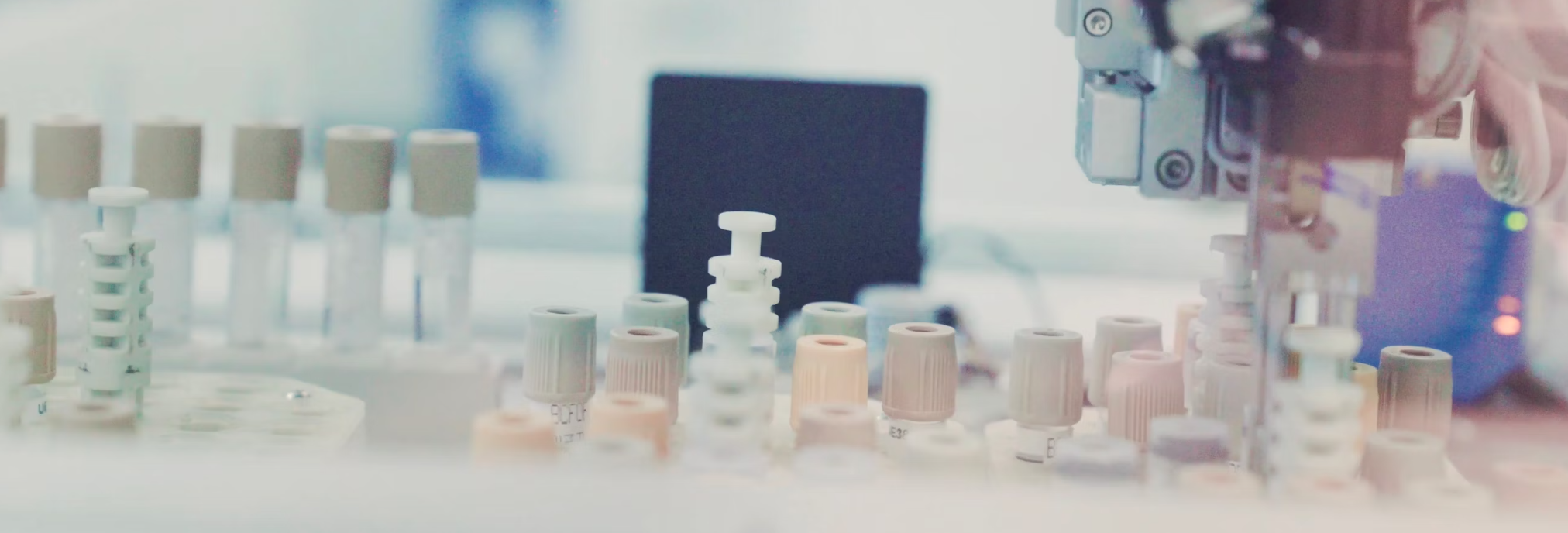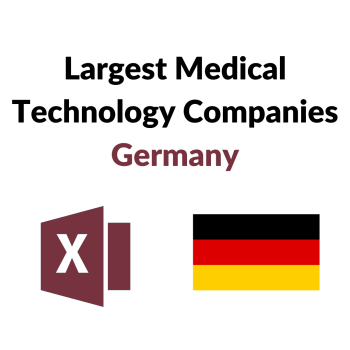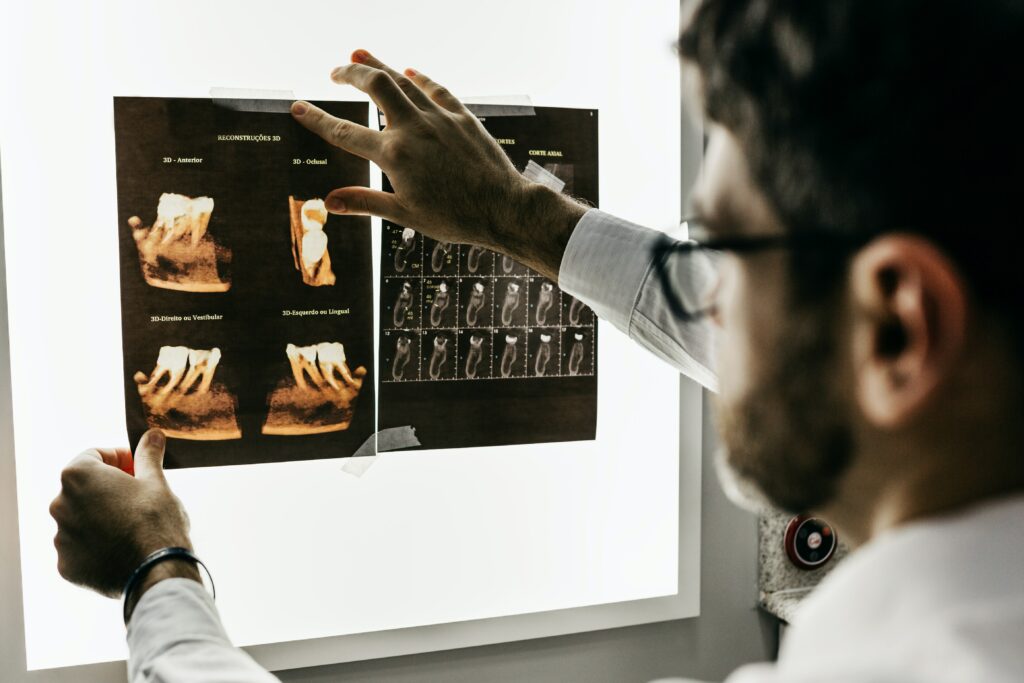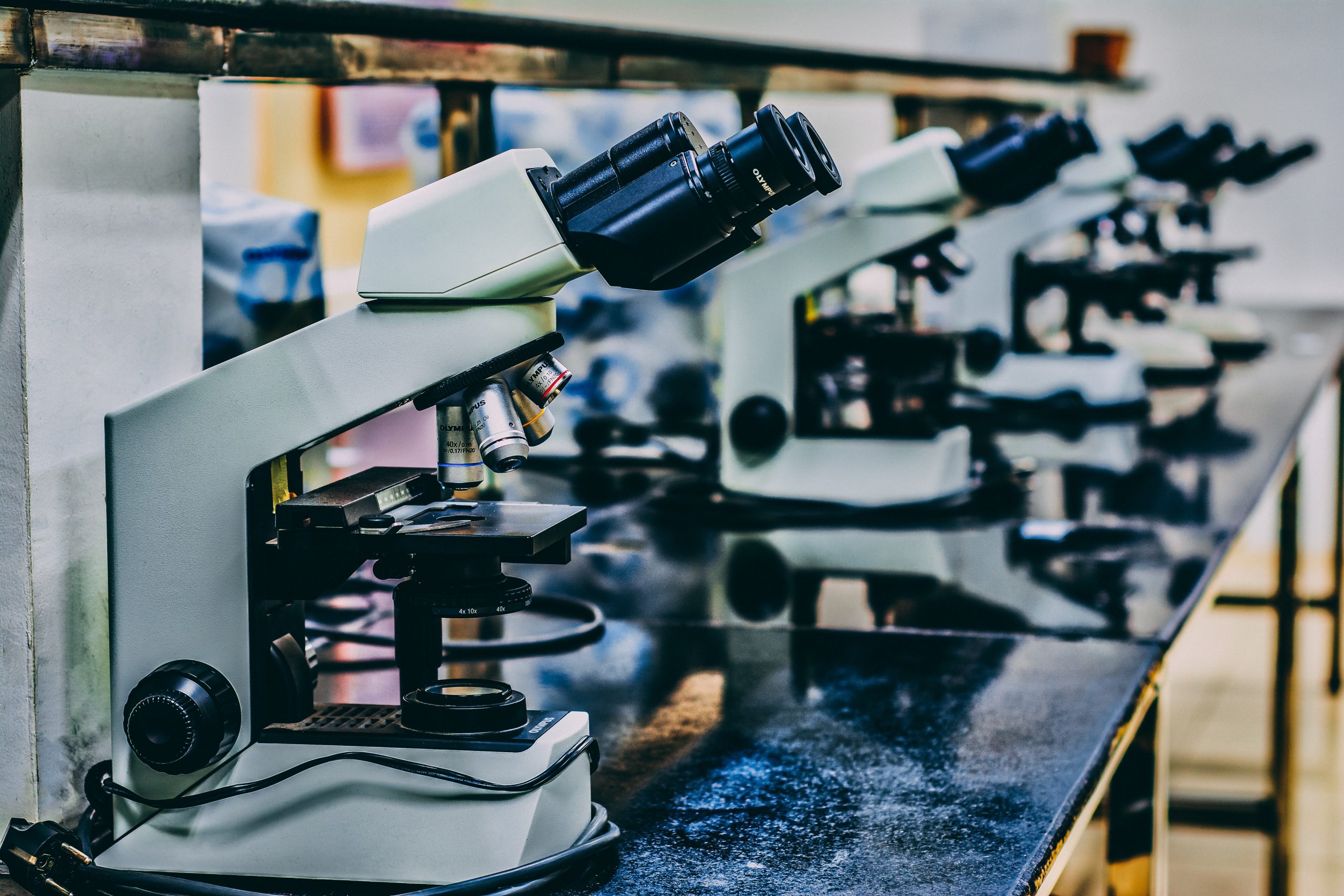“In vitro” is Latin and means “in a glass”. In vitro diagnostics refers to procedures for medical laboratory testing. It is carried out with the aid of so-called in-vitro diagnostics. These are all instruments, apparatus, devices, systems, materials and substances that are used to examine laboratory samples. The image of the test tube immediately suggests itself. In fact, sample containers also belong to in-vitro diagnostics. This article is based on the unique List of the 250 largest medical technology companies in Germany.
-
Rated 4.50 out of 5€199,99 Incl. VAT
- Article based on database of the 200 most important medical technology companies in Germany
- Detailed information on the field of activity (orthopaedics, surgical instruments, implants, laser, centrifuges, ventilation technology, diagnostics, etc.)
- Including: sales (2015-2018), number of employees, e-mail, address, telephone number, management, etc.
- Direct download as Excel file via the ResearchGermany online store possible
- Free preview file available on request
In the beginning there was alchemy
The origins of in vitro diagnostics go far back into the past – to ancient Egypt. Even in the Middle Ages, comprehensive laboratory diagnosis was already taking place within the framework of so-called alchemy – often in a vain effort to produce gold or find the famous “philosopher’s stone”. From the 17th and 18th centuries at the latest, interest focused more and more on medical applications. Today, in vitro diagnostics is used to examine samples from the human body for physiological or pathological conditions, to detect abnormalities, to check tolerability or to monitor therapeutic measures.
There are numerous companies in Germany that deal with in vitro diagnostics. The manufacturers are usually small and medium-sized companies, often with fewer than 50 employees. One of the big players in the market is the Siemens subsidiary Siemens Healthineers. Here, in-vitro diagnostics takes place in the “Laboratory Diagnostics” business unit. Other large companies are also involved in in-vitro diagnostics – for example the chemical and pharmaceutical company Merck in Darmstadt (raw materials and equipment for in-vitro diagnostics manufacturers) or the Bosch subsidiary Bosch Healthcare Solutions in Waiblingen (among other things, provider of a universal platform for molecular laboratory diagnostics).
Source: Listenchampion Image source: Testalize.me via Unsplash




